Are you a working professional who is always chasing the next deadline? Before the project has been done and dusted, the next one is flying in.
You try to relax but fail. You feel like there is no break. There is no end to this "from project to project" life. Are sleepless nights followed by tiresome days? If you are on this boat, you often wonder, "Why am I doing this?"
You require effective practice to calm yourself. But you are unsure what to pick. Here is a suggestion - try meditation. It is easier than you think.
What is meditation?
Meditation can be defined as an act that helps you focus and clear your mind using physical and mental practices. It is handy to develop awareness and optimize the human body.
Before we go into the practice itself, let's briefly address the elephant in the room - you don't need to be a polygamous hippy to practice meditation.
Some mindfulness techniques came from esoteric practices and are thousands of years old but are increasingly accessible to almost everyone.
The following points will help you understand meditation better and bust the myths about meditation:
- Meditation is not about quieting your mind but developing mental resilience
It is about training your mind to be more resilient. Eventually, thoughts will come and go as long as we live. But you learn to ignore them and focus on the here and now.
You do not need to empty your mind and get rid of your thoughts to meditate; you must learn to feel and sense.
Do not force yourself to stop thinking; just let them be simple meditation involves being mindful but non-reactive.
Cleaning, decluttering, listening to waterfalls, or focusing on hand movements can all be meditative practices when you allow them to be.
Practices like sitting meditation, yoga, Tai Chi, and Qi Gong also involve stress-reducing techniques; however, meditation is not limited to these. You can also do thinking meditation or visualization-based Tibetan Buddhist meditation.
- You will see immediate benefits with every sitting session, but rewiring your mind entirely is a long-term process.
All good things take time. Usually, everyone will report some level of increase in calmness, focus, and productivity after every session. And this will improve over time. However, rewiring your mind is a longer process.
Seasoned meditators can access a state of focus and calm in almost any situation and circumstance.
- Science has demonstrated some clear benefits of meditation practices, but we have a lot to learn.
Many benefits of meditation are yet to be unraveled. Studies have indicated that stress and burnout are somewhat controlled through this practice; however, the researchers are unsure how long it may take to be fully effective. Several groups have postulated their hypotheses which range from one to two months. However, more deep digging is required to explore other benefits.
Benefits of meditation: what does scientific research say?
Meditation is a complete package that benefits mental health and relieves stress.
- Meditation can increase focus and concentration
Have you ever struggled to focus because you were so overwhelmed with thoughts? Meditation improves mental health, well-being, and creativity. You tend to gain a fresh perspective on stressful situations. You start to believe that the world is your horizon to explore and you can accomplish anything.
Studies have shown that individuals with attention-deficient syndrome have benefited from simple meditation. It augments ADHD treatments and increases overall focus and concentration.
A study involving 49 people concluded that those who taught and practiced meditation/mantras slept well throughout the experimental period of 6 sessions compared to those who did not practice. They were also less depressed and felt more energetic.
- Meditation can reduce stress
Stress, anxiety, and depression are all interrelated. Mediation plays an important part in stress reduction as it helps ward off negative thoughts and emotions that gradually lead to depression.
A study was conducted on twenty-eight individuals to analyze the benefits of meditation-based stress reduction. The results showed a significant decrease in overall psychological symptomatology, an increase in overall domain-specific sense of control, and higher scores on a measure of spiritual experiences.
- Meditation can help slow down the aging
Practicing meditation results in improved physical health. People who perform this mindful practice age mentally well. Their brains show minimal signs of aging, and their cognitive abilities remain unchanged over time. Memory retention is also a bonus for such individuals.
A study was conducted on 58 individuals by Dr. Pratap to check the impact of mindfulness training on healthy aging, attention, well-being, and inflammation. The study results show all areas of the WHO Quality of Life-BREF improved after four months of meditation.
The Hospital Anxiety and Depression Scale (HADS) also showed an improvement in depression and anxiety state.
What are the three steps for meditating?
How to get started with meditation? Well, meditation is supposed to be a time when you can "relax"; it's your "ME TIME."
- Locate a quiet place
When you are in a quiet and peaceful environment, your experience tends to be more calming. Pick a calm and quiet place, like under your favorite tree in a garden surrounded by lush green plants or a private room painted with welcoming colors.
- Set a time
To meditate regularly, it is important to set a suitable time frame for you to follow every day. Since it is supposed to be your self-calming time, ensure there are no distractions around you. Usually, individuals prefer sunrise and sunset as they find the scenic view soothing.
It is recommended that you do not meditate immediately after eating since food can make you sleepy, and you may doze off during the process. Similarly, do not meditate on an empty stomach, as all your focus will be shifted toward the meal.
- Find a comfortable position
Your posture is also important. After picking a good spot and time, ensure your neck and shoulders are relaxed while you sit. Keep your eyes closed; it will help you to focus better. Open them once you get near the end, but take your time, don't rush, and be gentle. You can choose a high-quality buckwheat cushion made specifically for meditation.
Start with slightly forced breathing to detect the sensation of it, and then move into a natural rhythm. Focus all your attention on the area between your nose and the upper lip. If you feel discomfort doing so, do not instantly shift your position. You can gently make yourself aware of the discomfort and see how your mind responds while breathing deeply.
A few must-know meditation tips for beginners
Here are some simple tips for maintaining meditation practice.
- Do not rush
Do not force yourself right from the beginning to meditate for longer periods. Start with shorter sessions, and gradually acclimate your body. Increase durations when you feel ready.
- Meditation style
It is important to choose a style that suits you. You should know that practicing mindfulness-based stress reduction meditation involves sensory clarity and composure and nurtures your attention span.
On the other hand, transcendental meditation is a type of mantra meditation where you must speak a phrase repeatedly until it calms you down.
Your comforting phrase can be a verse of poetry or a chunk from a prayer. The former type of meditation guarantees long-lasting calmness and inner peace, while the latter is a more passive approach. Choose what works best for you.
- Be consistent
Meditation is not as quick as magic, but it is effective if you wait patiently; you will eventually reap the rewards. Start from five minutes a day, and gradually move to an optimal of 15 minutes.
Conclusion
Meditation is a simple practice with several benefits, like improving mental health, well-being, and brain functionality.
Anyone can try it and enjoy the perks. It is a simple and accessible practice that can be tailored to individual needs.
It is important to note that the benefits of meditation are not immediate and that consistent practice is required to see significant improvements.

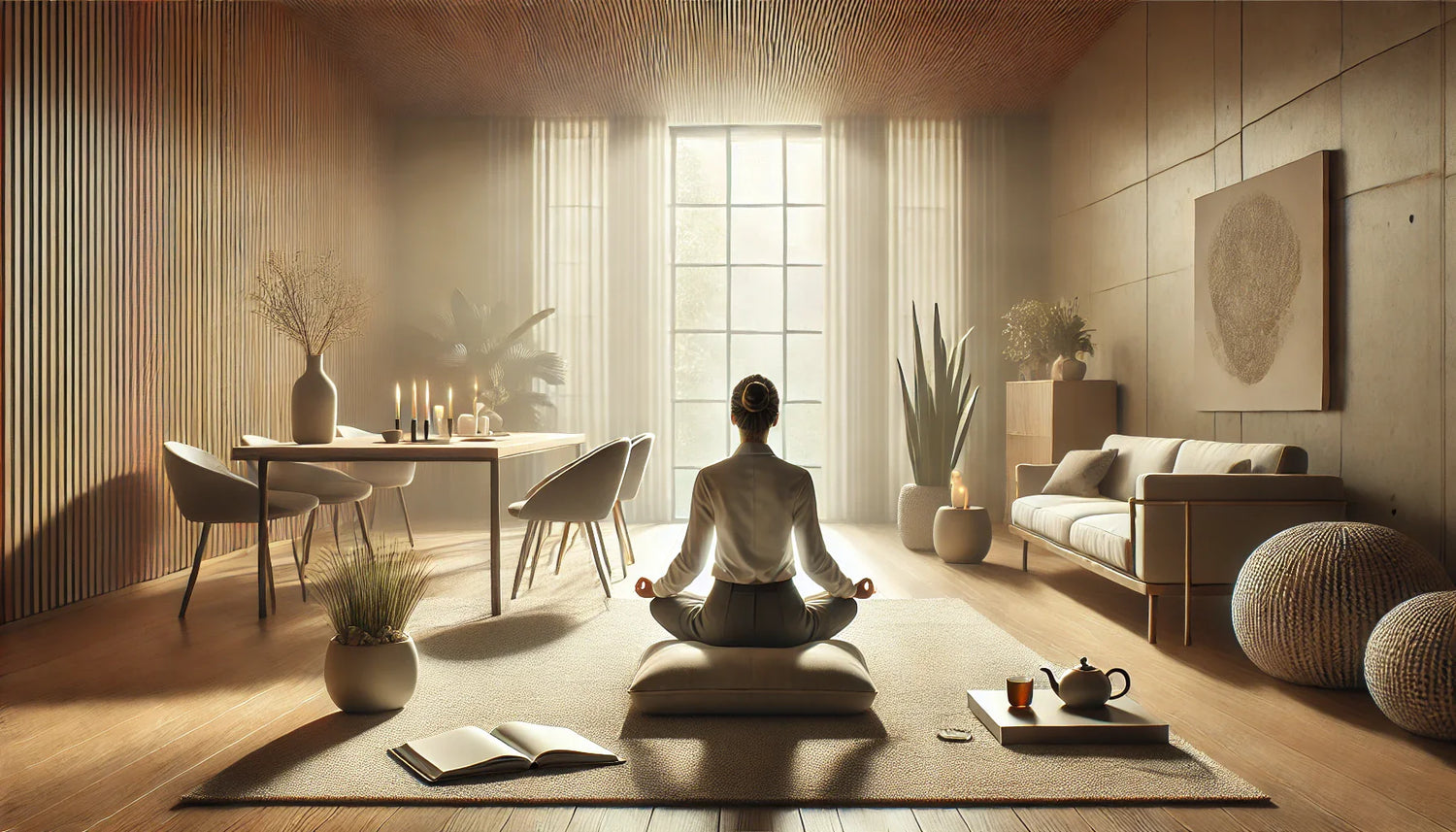


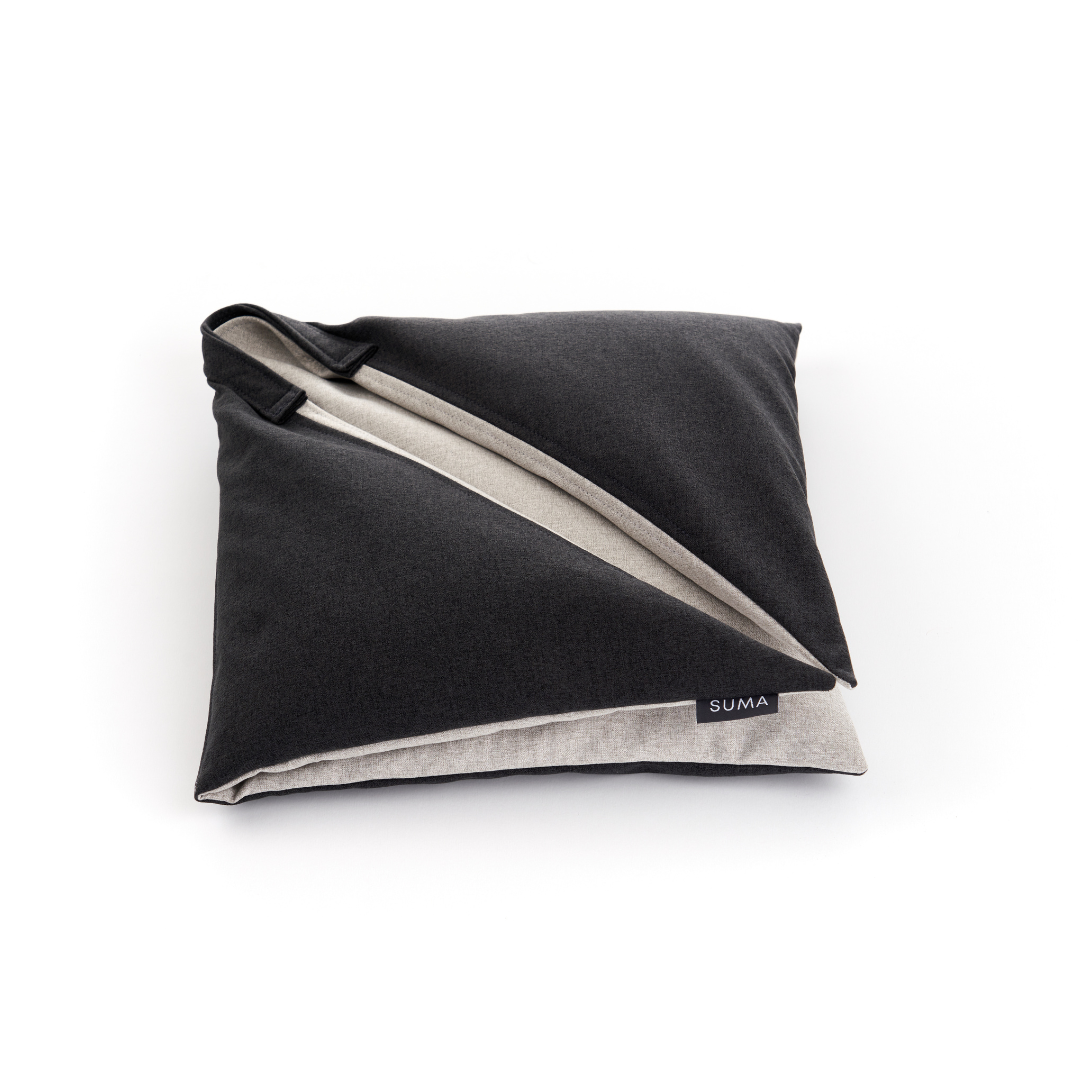
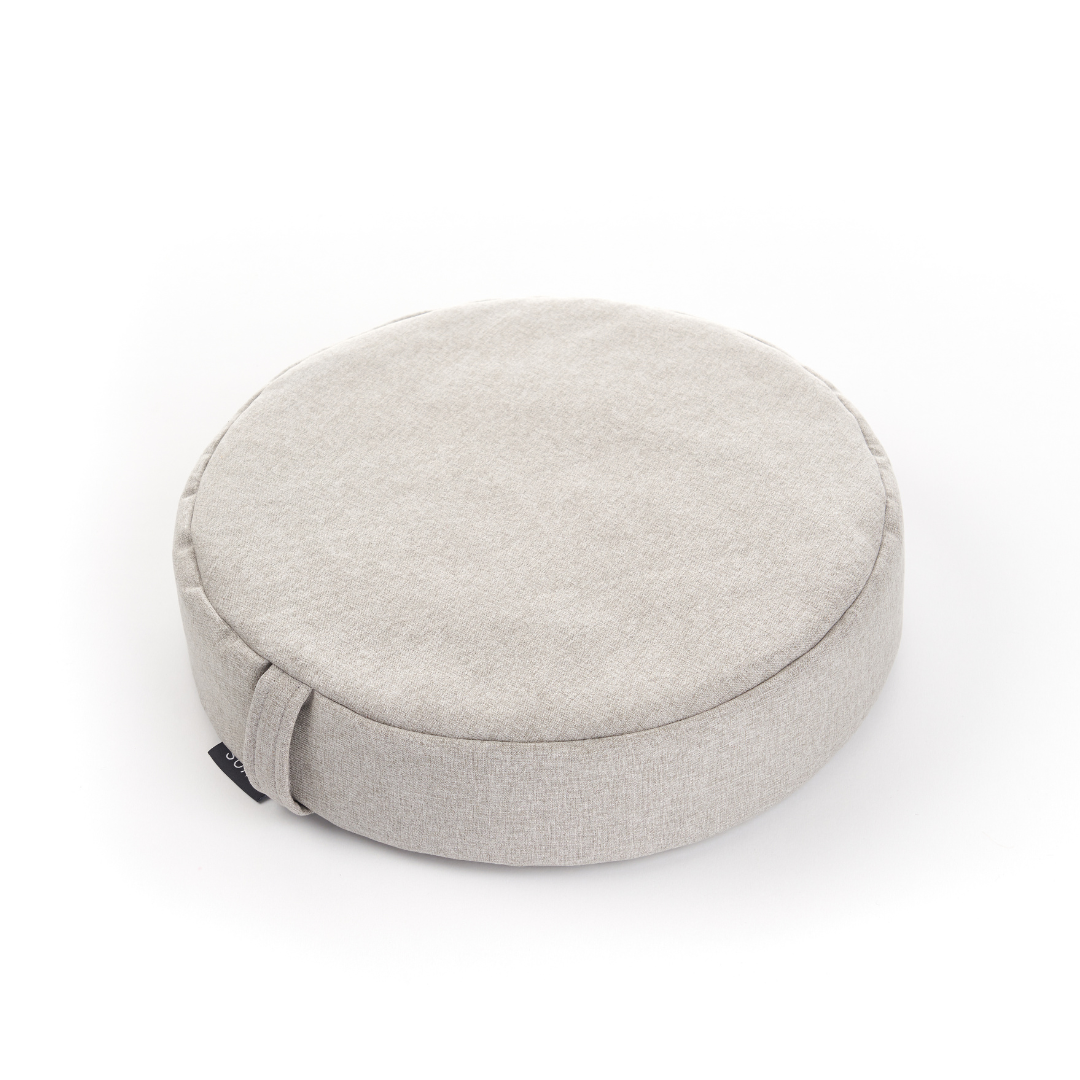
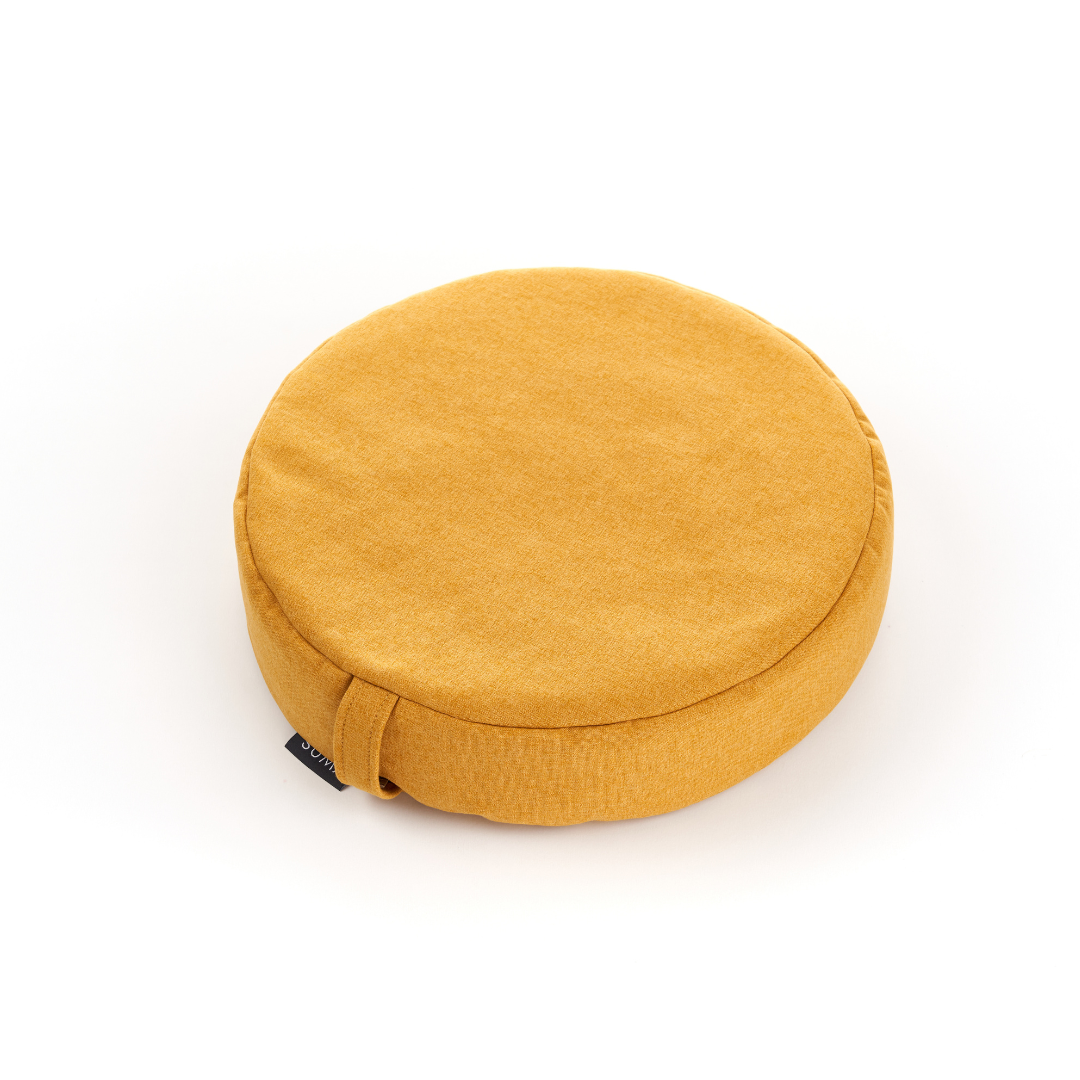

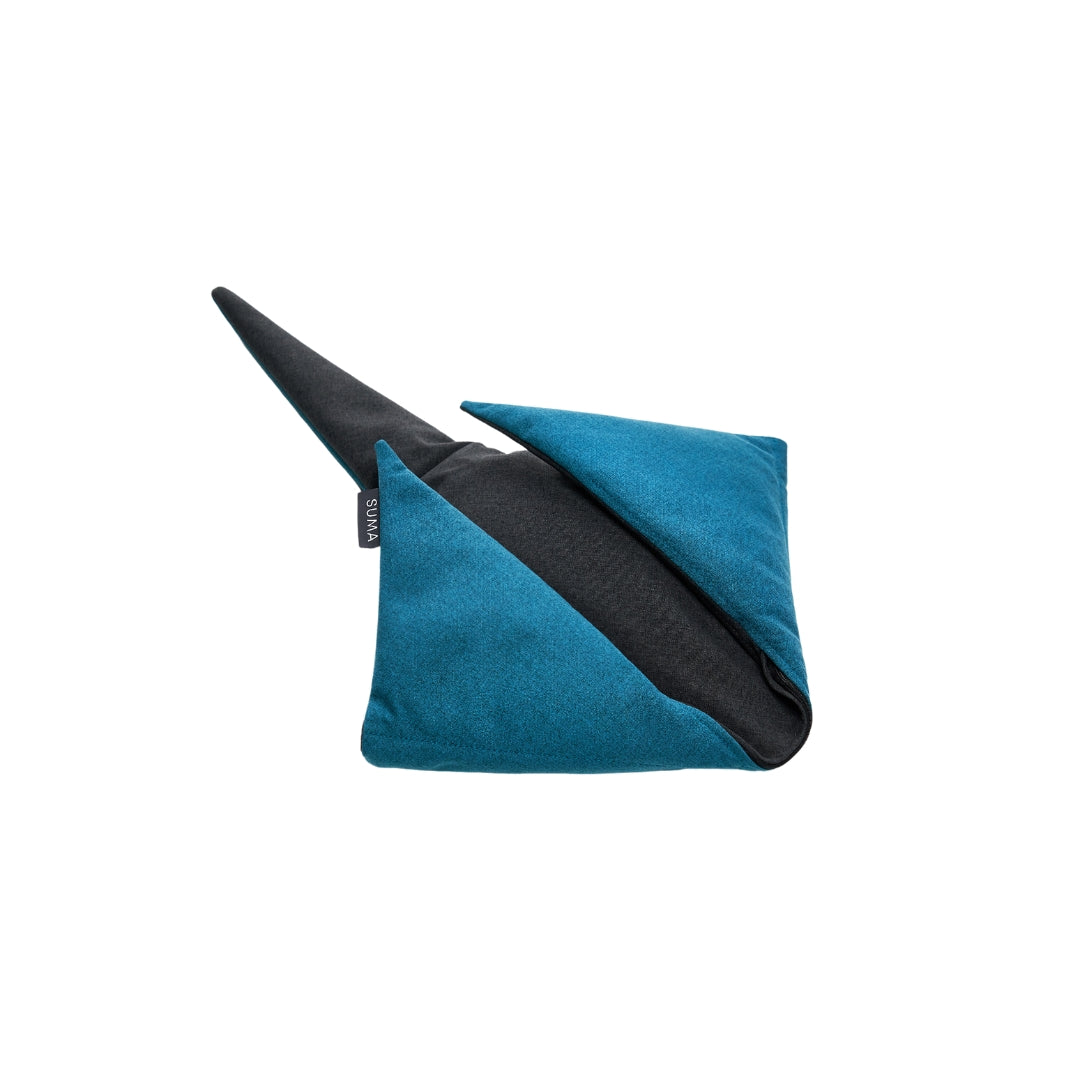
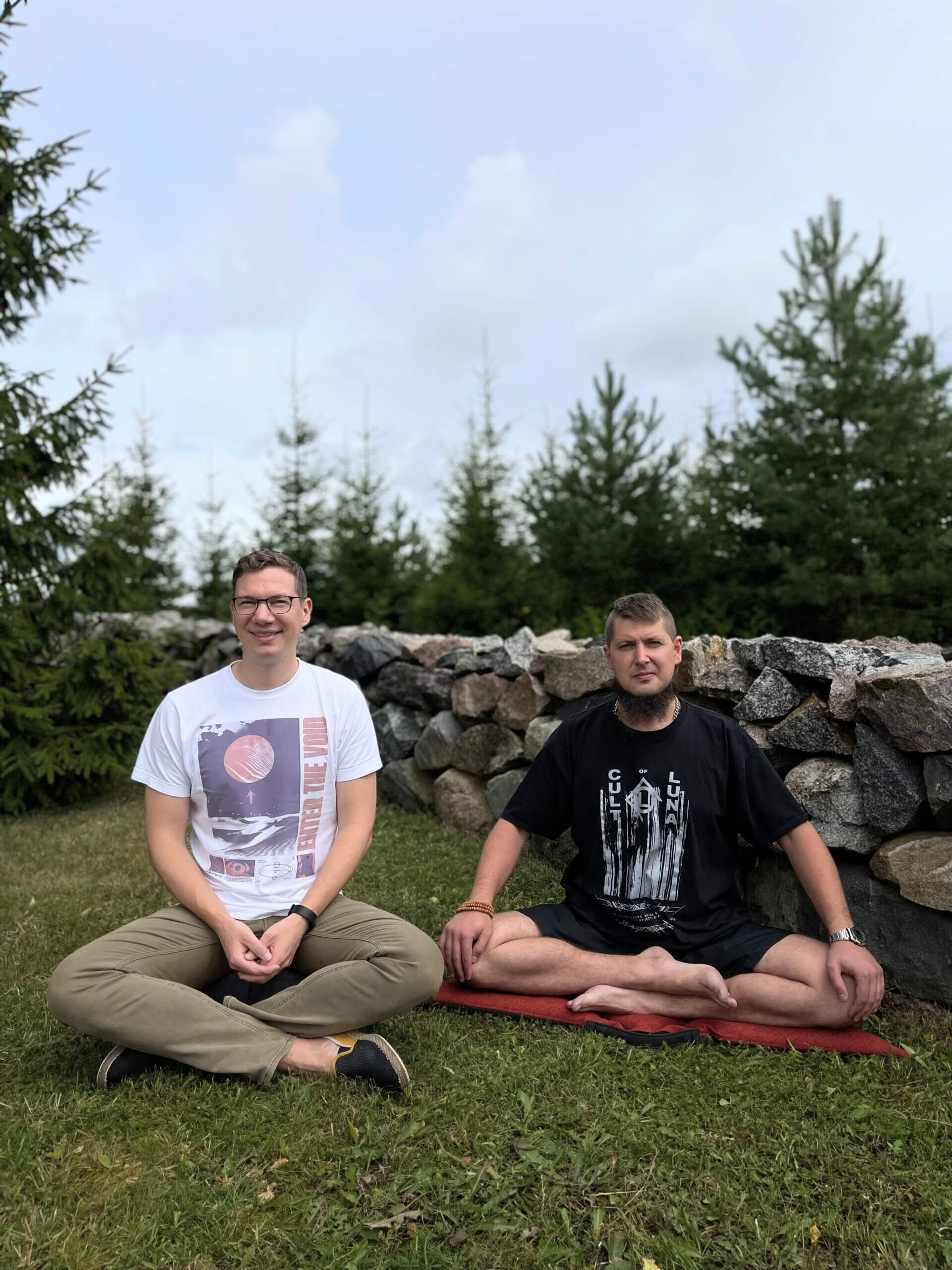
Leave a comment
All comments are moderated before being published.
This site is protected by hCaptcha and the hCaptcha Privacy Policy and Terms of Service apply.